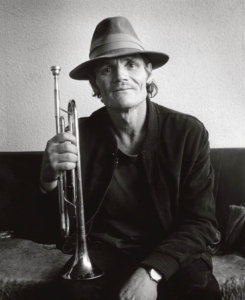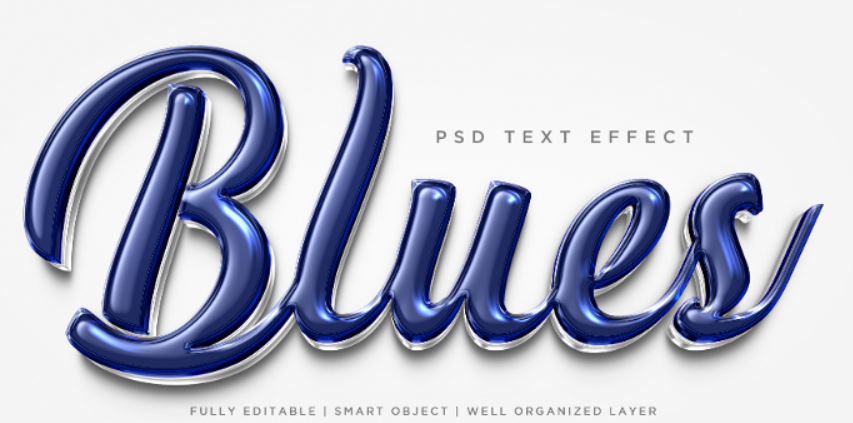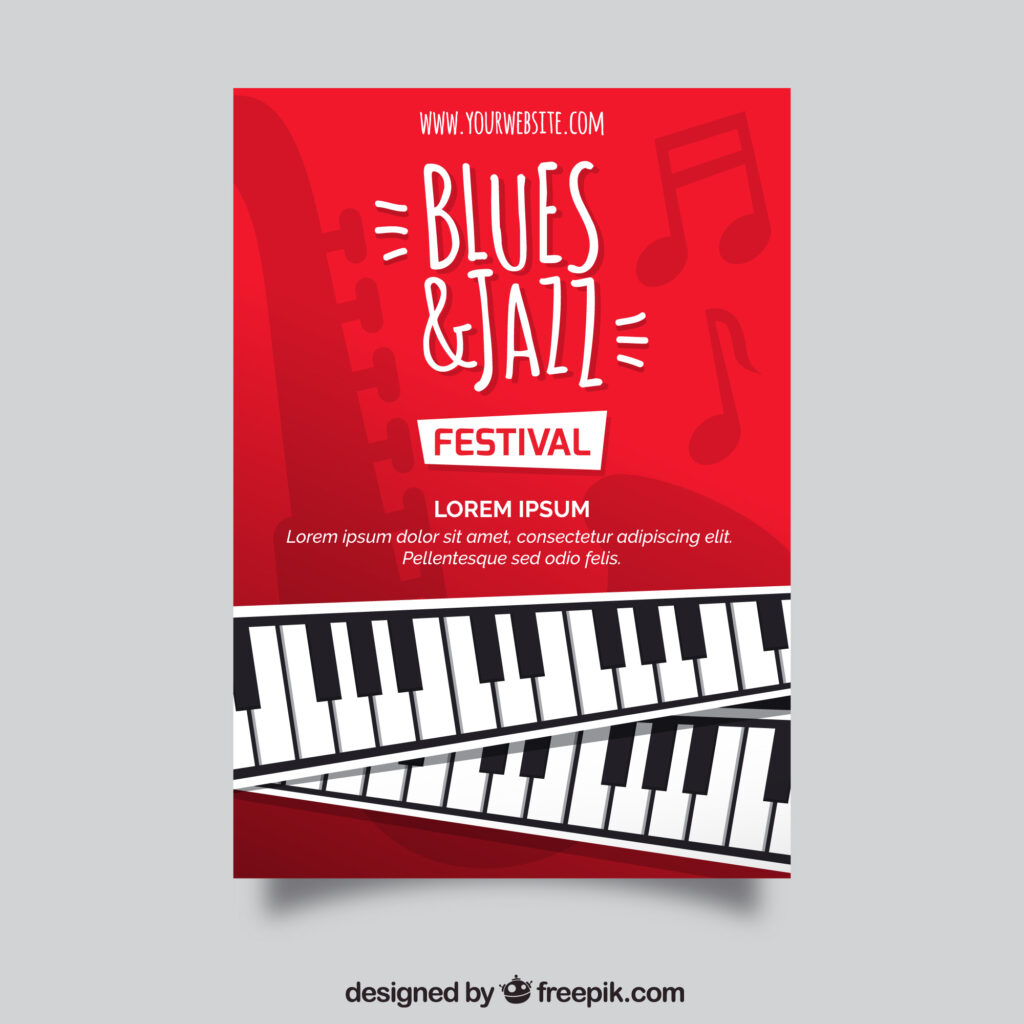Chet Baker: A Jazz Legend

Photo source : https://en.wikipedia.org/wiki/Chet_Baker
Chet Baker was an American jazz trumpeter, flugelhornist, and singer who rose to fame in the 1950s and is widely regarded as one of the most important jazz musicians of the 20th century. He was born on December 23, 1929, in Yale, Oklahoma, and died on May 13, 1988, in Amsterdam, Netherlands. Despite his troubled life and untimely death, Chet Baker remains one of the most beloved and influential jazz artists of all time.
Early Years and Career
Chet Baker grew up in a musical family, and he began playing the piano and trumpet at an early age. He was heavily influenced by the music of Charlie Parker, Dizzy Gillespie, and other bebop musicians, and he quickly developed a unique and instantly recognizable sound. In the early 1950s, Chet Baker moved to California and formed his own quintet, which became one of the most popular jazz groups of the decade. He recorded several albums with this group, including the critically acclaimed “Chet Baker Sings” and “Chet Baker Plays the Best of Lerner and Loewe.”
The Cool Jazz Movement
Chet Baker was one of the leading figures of the “cool jazz” movement, which emerged in the mid-1950s as a response to the intense and often chaotic style of bebop. Cool jazz was characterized by a more relaxed and introspective approach to the music, and Chet Baker’s lush and melodic playing was the perfect embodiment of this new style. He became one of the most popular jazz musicians of the 1950s, and his recordings were widely regarded as some of the best and most innovative of the decade.
Troubled Life and Comeback
Despite his success and popularity, Chet Baker’s life was plagued by personal and professional difficulties. He struggled with drug addiction for much of his life, and his health and career suffered as a result. In the late 1950s, he was arrested for drug possession and spent several years in prison, which effectively ended his career. However, Chet Baker eventually managed to overcome his addiction and made a remarkable comeback in the late 1970s and early 1980s. He recorded several albums during this period, including “Chet Baker in New York” and “She Was Too Good to Me,” which were well-received by audiences and critics alike.
Legacy
Chet Baker’s contributions to jazz and his influence on later musicians are impossible to overstate. He was a pioneer of the cool jazz movement, and his innovative and lyrical style of playing inspired countless musicians and helped to shape the sound of jazz for generations to come. His recordings, many of which have been reissued and remastered, continue to be widely regarded as some of the best and most important in the history of jazz.
In conclusion, Chet Baker was a jazz legend, whose life and music continue to inspire and captivate audiences to this day. His contribution to jazz and his influence on the genre is impossible to overstate, and his legacy will endure for many years to come.



